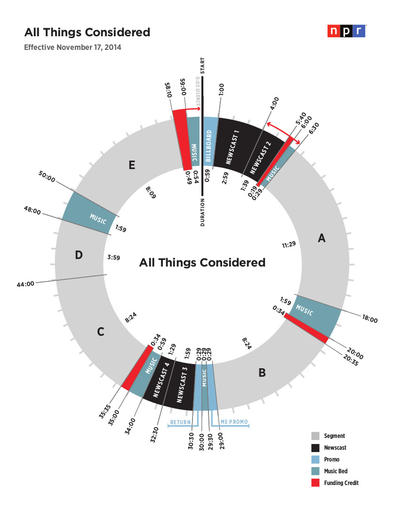
Note: Because Earth moves around the sun faster than Voyager 1 is speeding away from the inner solar system, the distance between Earth and the spacecraft actually decreases at certain times of year.
#Listen live kuar plus
The $37 million award to Greene includes the original sum plus 12% in interest that has accumulated since her lawsuit was first filed in 2015.This is a real-time indicator of Voyagers' distance from Earth in astronomical units (AU) and either miles (mi) or kilometers (km). He thinks people who started smoking before 2000 may have a “very good case” against tobacco manufacturers.Īfter the jury verdict, Massachusetts Superior Court Judge Hélène Kazanjian also ruled that Philip Morris violated the state's consumer protection laws. "And maybe they’ll get out of the business entirely.”ĭaynard added that aggressive tobacco advertising continued until roughly 2000, when legal troubles and regulations forced companies to disclose the harmful effects of smoking. “The more the tobacco industry actually has to pay these verdicts, the more careful they will be in not misrepresenting their product," he said. Richard Daynard, who leads the institute, said he thinks this case may prompt more people to bring lawsuits against tobacco companies in Massachusetts and across the country. The institute focuses on lawsuits that target the tobacco industry, in addition to litigation against makers of "unhealthy foods" and those who engage in “deceptive gambling practices.” Lever, who works with the Public Health Advocacy Institute at Northeastern University. Greene was represented by attorney Meredith K. WBUR reached out to Altria, the parent company of Philip Morris. Kenneth Cummings, said cigarette manufacturers spent billions "to hide the truth about what they knew about the dangers of their 8 cigarettes." The campaign, court documents said, "lasted through Greene's childhood and the entire period that she smoked." Instead, the company claimed there was no evidence linking its advertisements to Greene’s personal decision to take up Marlboro Lights as a safer alternative.

The opinion noted Philip Morris did not dispute that cigarettes are harmful to health. In the high court opinion, written by Justice Scott Kafker, the justices found the company failed to disclose its own research to customers, which showed that filtered cigarettes were even more damaging to human DNA than regular cigarettes. A Superior Court jury found the company engaged in a civil conspiracy. But then she said she saw advertisements for Marlboro Lights, which convinced her the filtered product had "less of the bad stuff.”Īdvertisements for Marlboro Lights claimed they contained less tar and nicotine than regular Marlboro cigarettes. For a nine-month period in 1995, Greene claimed she had quit smoking.

The crux of Greene’s argument was that Philip Morris engaged in conspiracy and fraud - particularly in advertising its Marlboro Light cigarettes. She has undergone several surgeries and chemotherapy treatments since her diagnoses. Greene was diagnosed with lung cancer in 2013. Patricia Walsh Greene sued Philip Morris for false advertising and intentional misinformation, arguing that the company's promises about filtered cigarettes affected her decision to smoke and, ultimately, caused her cancer. The justices' opinion, issued Tuesday, found enough evidence to support a prior jury verdict and lower court judge's rulings against the company in a case that claimed Marlboro Light cigarettes - and the company's claims about them - resulted in the plaintiff's cancer. In a unanimous ruling, the state’s Supreme Judicial Court awarded a Newton woman $37 million in a lawsuit against Philip Morris USA, the country’s biggest cigarette manufacturer. Marlboro cigarettes are made by Philip Morris USA (Jesse Costa/WBUR)


 0 kommentar(er)
0 kommentar(er)
